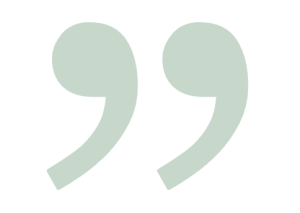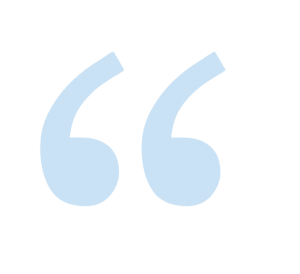On the discovery and resuscitation of 100-million-year-old microbes under the seafloor:
“The most exciting part of this study is that it basically shows that there is no limit to life in the old sediment of Earth’s ocean. Maintaining full physiological capability for 100 million years in starving isolation is an impressive feat.”Steven D’Hondt, professor of oceanography
Reuters
On the impact of the coronavirus, the widening digital divide, and the cost to distribute basic technology to students:
“If districts don’t receive additional revenue, they will either have to dip into a rainy day fund, ask for additional revenues from the state, or move internal revenues to create more fungible revenue.”R. Anthony Rolle, dean, Alan Shawn Feinstein College of Education and Professional Studies
Wired

On how the pandemic has motivated more people to realize they should not put off end-of-life discussions:
“I believe we are living in a real watershed moment. (The pandemic) will not allow us to be as death-avoiding or death-fearing, at least for some period of time.”Sara Murphy, adjunct faculty and certified thanatologist
US News and World Report

On teaching kids to spot fake news:
“Ideally, discerning how media influences us should start early on, before kids are even allowed on the internet. Young children need to develop a vocabulary for media literacy early in life.”Renee Hobbs, professor of communication studies and director of the Media Education Lab at the University of Rhode Island
Good Housekeeping
On whether invasive alien animal species could cause another coronavirus:
When you bring in an animal, either through the illegal wildlife trade or as a pet, there’s a great possibility that it’s going to be carrying some pathogens that could be zoonotic or spread to other animals.Laura Meyerson, professor of natural resources science
The Independent UK
On the popularity of supplement use among teenage boys:
Training, nutrition and sleep need to come first. Unless you can say yes to all of those things, supplements should be off the table.Disa Hatfield, associate professor and chair of URI’s Department of Kinesiology
The New York Times

On ammonium nitrate, the chemical behind the summer’s deadly explosion in Beirut:
Ammonium nitrate normally sits nicely and behaves itself until you do something catastrophic to it.Jimmie Oxley, professor of chemistry
The Wall Street Journal

On the lack of discussion in doctors’ offices on the important topic of patient diet and nutrition:
“We want to encourage (physicians) to have diet be part of the conversation and not something that we ignore.”Maya Vadiveloo, assistant professor of nutrition and food sciences
